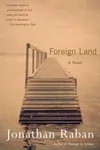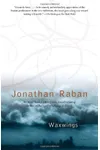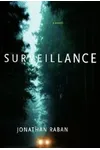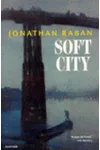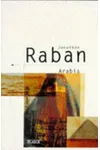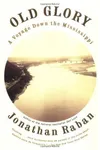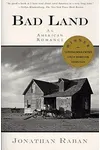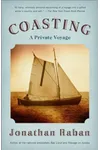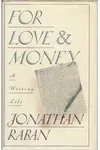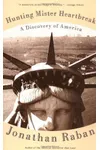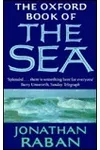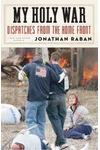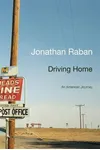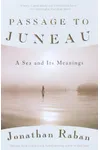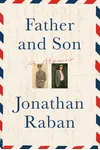Picture a British wordsmith who sailed solo through stormy seas and scribbled tales that blend memoir with adventure—meet Jonathan Raban! Born in 1942, this travel writer, critic, and novelist turned the world into his canvas, crafting stories that pulse with wit, observation, and a touch of sardonic charm. From the Mississippi River to Seattle’s misty shores, Raban’s work captures the human spirit in motion.
Settling in Seattle in 1990, Raban became a literary icon, weaving personal crises with vivid landscapes in books like Passage to Juneau and Old Glory. His unique style—part travelogue, part confessional—earned him accolades and a lasting place in literary hearts. Ready to dive into his world?
The Making of Jonathan Raban
Born on June 14, 1942, in Norfolk, England, Jonathan Raban grew up in vicarages, the son of an Anglican clergyman and a mother who penned romantic tales. Sent to boarding school at five, he found solace in literature, a refuge from an unhappy childhood. At the University of Hull, he befriended poet Philip Larkin, sparking his literary fire. Raban’s early career took him to academia, lecturing at Aberystwyth University and the University of East Anglia, where he mentored future novelists like Ian McEwan and Rose Tremain.
By 1969, Raban traded lecture halls for London’s freelance scene, writing book reviews and criticism for outlets like The New Review. His sharp pen and restless spirit soon led him to travel writing, a genre he’d redefine with his debut, Arabia: Through the Looking Glass, in 1979.
Jonathan Raban’s Unforgettable Stories
Raban’s books are journeys—both physical and introspective. His 1981 classic, Old Glory, traces a solo voyage down the Mississippi River, blending Mark Twain-inspired adventure with sharp commentary on America’s 1980 presidential election. Coasting (1986) sees him circumnavigating Britain in a 30-foot ketch, learning to sail in just three weeks, all while the Falklands War unfolds. The result is a witty, poignant reflection on national identity and personal displacement.
In Passage to Juneau (1999), Raban sails from Seattle to Alaska, weaving tales of treacherous tides with raw accounts of his father’s death and marriage’s end. His prose, described by The Guardian as “piercingly accurate,” mixes humor, history, and heartache. Raban also penned novels like Waxwings (2003), a satirical take on Seattle’s dot-com boom, showcasing his versatility. His style—blending memoir, sociology, and literary criticism—defies genre, creating what he called “human geography.”
Other gems include Bad Land (1996), a haunting history of Montana’s failed homesteads, and Hunting Mister Heartbreak (1991), a quest for America’s soul. Each work pulses with Raban’s knack for finding universal truths in specific places, making readers feel like fellow travelers.
Why Jonathan Raban Matters
Jonathan Raban didn’t just write about places; he captured the human condition—our restlessness, our search for belonging. His books reshaped travel writing, elevating it from guidebooks to literature alongside peers like Paul Theroux and Bruce Chatwin. Awards like the National Book Critics Circle Award and the Thomas Cook Travel Book Award (twice!) reflect his impact. In Seattle, where he lived until his death in 2023, Raban’s outsider perspective illuminated the Pacific Northwest’s soul.
His final memoir, Father and Son (2023), written after a 2011 stroke left him wheelchair-bound, is a testament to his resilience. Raban’s legacy lies in his fearless honesty and his ability to make readers see the world anew, whether through a river’s rage or a city’s pulse.
- Born: June 14, 1942, Norfolk, England
- Key Works: Old Glory, Passage to Juneau, Bad Land, Waxwings
- Awards: National Book Critics Circle Award, Thomas Cook Travel Book Award, PEN West Creative Nonfiction Award
- Died: January 17, 2023, Seattle, USA
Snag Passage to Juneau and sail into Jonathan Raban’s world of wit, wonder, and wanderlust!
